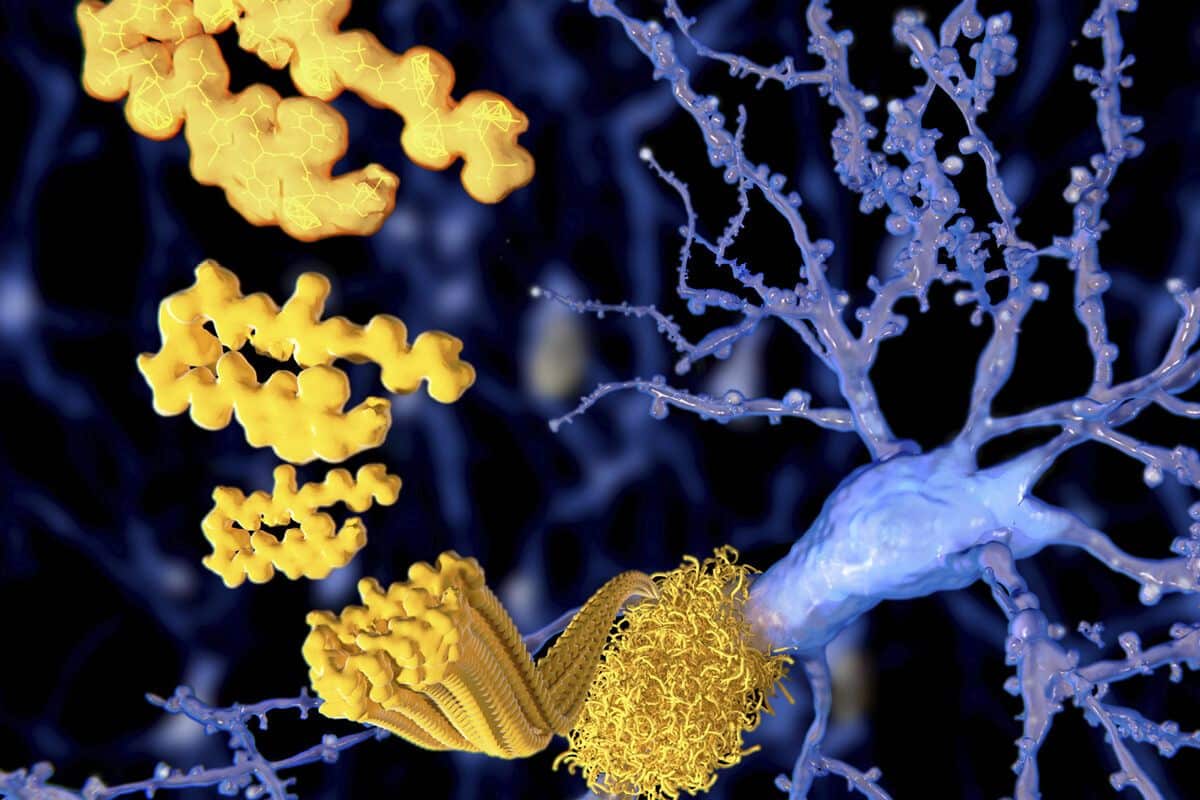When we don’t get enough sleep, it’s not just about being grumpy or needing an extra cup of coffee. It’s a matter of our health, our memory, even our lifespan. Our bodies aren’t designed to run on empty. Think about it: would you try to drive a car without enough gas? Then why do we do it to ourselves?
In this blog post, we’ll dive into the nitty-gritty of what happens to your body and brain when you don’t get enough sleep. We’ll explore everything from memory issues to risks for serious diseases, all tied to sleep
Memory Trouble
When you don’t get enough sleep:

Your brain can’t make new memories very well. Think of your brain as an email inbox. Without sleep, new emails (or memories) bounce back. You won’t remember new experiences clearly.
There’s a toxic protein called beta amyloid that can build up in your brain.
This protein is linked to Alzheimer’s disease, a severe memory loss condition. Deep sleep helps wash this protein away, like a sewage system.
But if you’re not getting enough sleep, this protein keeps building up. This can increase your risk of getting Alzheimer’s when you’re older.

How Your Body Is Affected
Not getting enough sleep also impacts your body in several ways:

Reproductive system
Men who sleep only 5 to 6 hours a night have testosterone levels similar to men who are 10 years older! In other words, less sleep can make you age faster in some ways.
Immune system
After a single night of 4 to 5 hours of sleep, there’s a 70% decrease in special immune cells called “natural killer cells”. These cells help fight cancer. Not enough sleep can increase your risk of getting different types of cancer, like bowel, prostate, or breast cancer.


Cardiovascular system
Sleep acts like a natural blood pressure medicine. During deep sleep, your heart rate drops and your blood pressure goes down.
If you’re not getting enough sleep, your blood pressure stays high. This could increase your risk of having a serious heart attack or stroke.
In fact, when we set our clocks forward for daylight savings and lose an hour of sleep, heart attacks increase by 24% the next day!
The Human "Recycle" Rate
So, how long can we stay awake before things start going wrong? It seems that after about 16 hours of being awake, our minds and bodies start to decline. After being awake for 19 or 20 hours, you’re as impaired as someone who is legally drunk! So, it seems humans need to “recycle” every 16 hours. We need about 8 hours of sleep to recover from the “damage” of being awake.
To sum up, getting enough sleep is super important for both our bodies and brains. It keeps our memory sharp, our body systems working well, and reduces risks of serious diseases. So, let’s make sure we’re getting our full 8 hours each night!
SOURCE
To access relevant information, check out the following blogs:
- Kangaroo Math Blog for Mathematics
- Kancil Science Blog for Science
- Beaver Computational Thinking Blog for Computer Science
- Kijang Economy Blog for Economics





